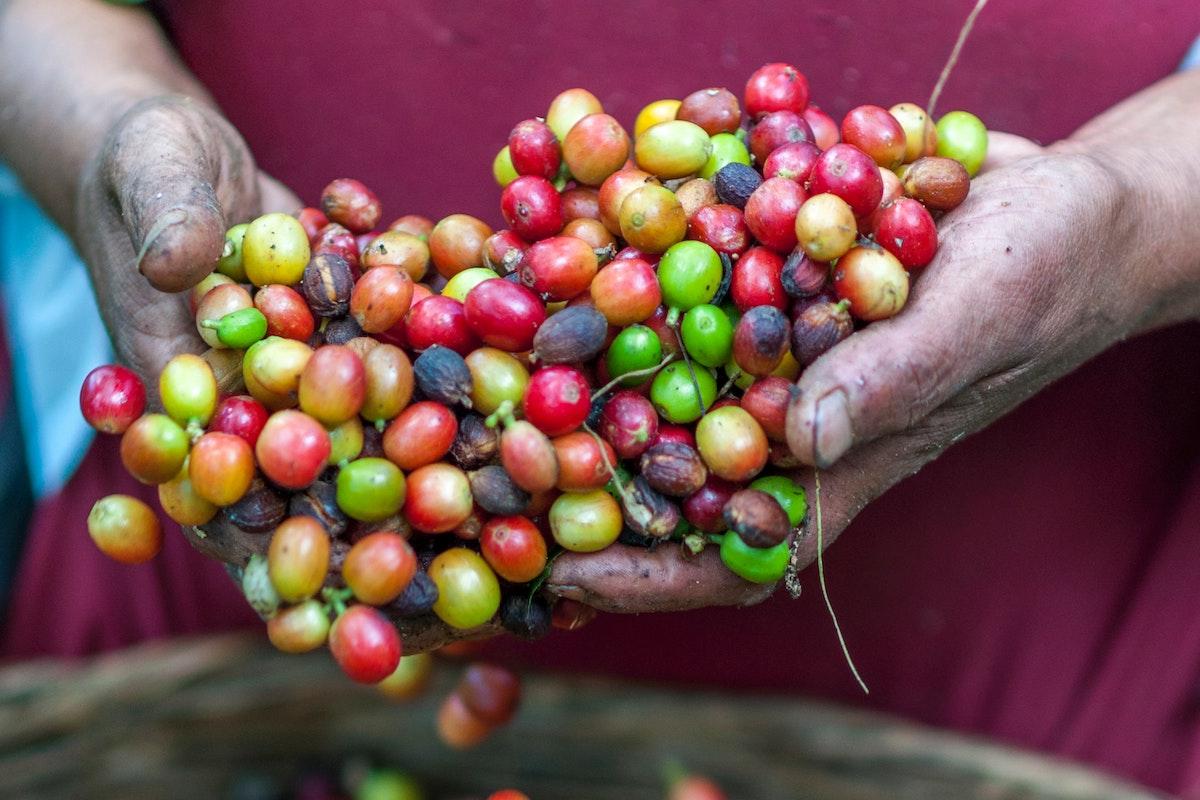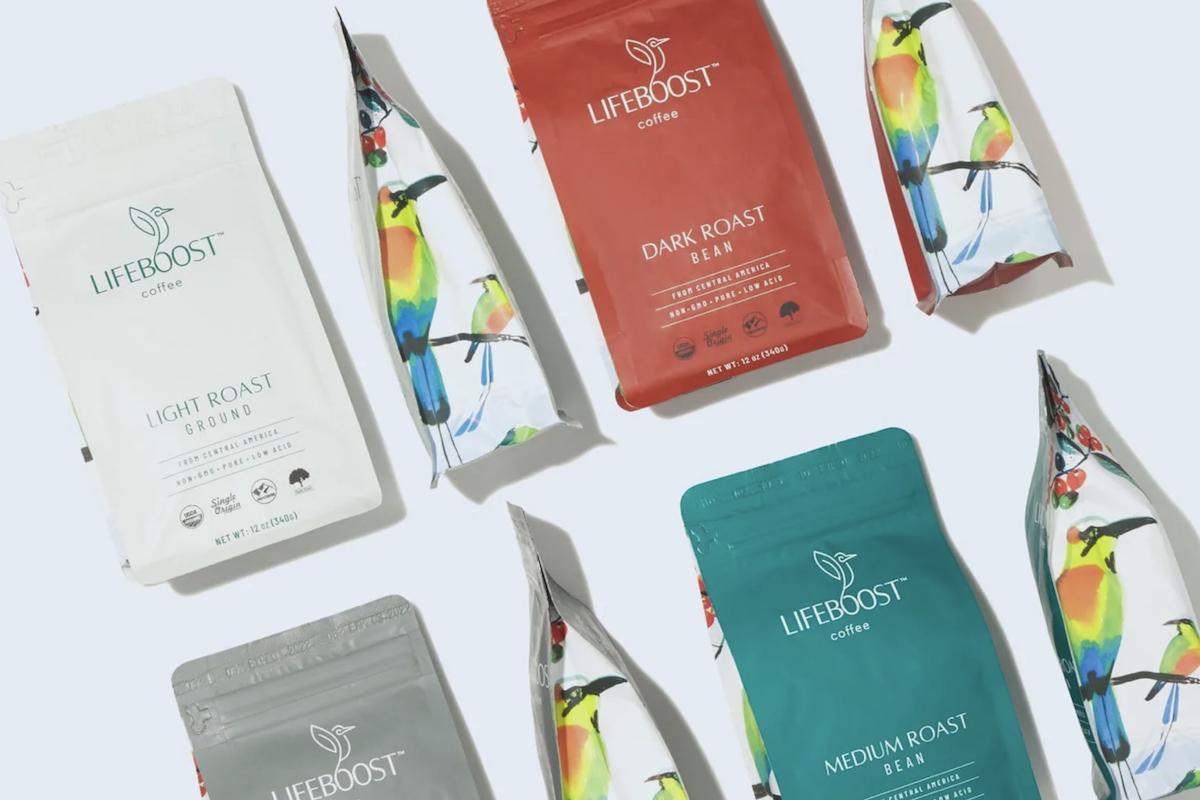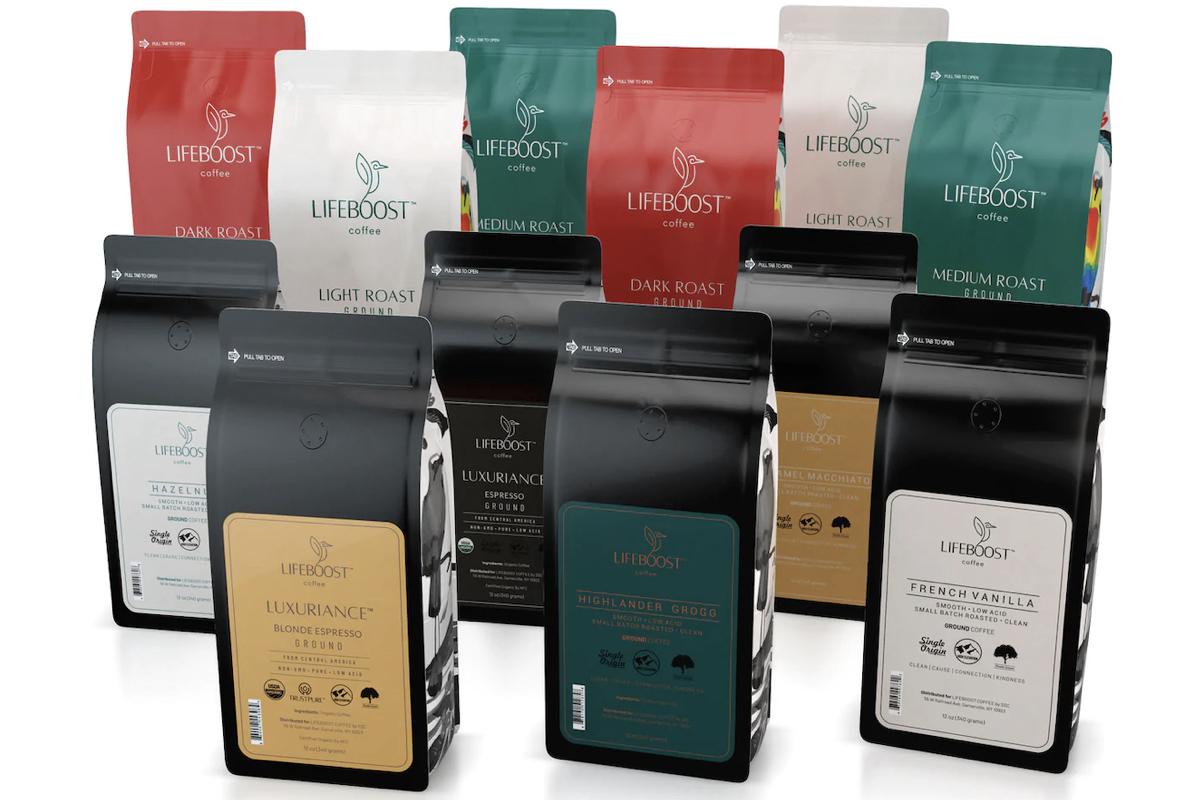Americans love coffee. Like, we really, seriously, truly love it. According to one recent survey, 75 percent of U.S. adults drink coffee at least occasionally, while 53 percent—about 110 million people—drink it every single day. For some, coffee is an essential part of their morning ritual. For others, it’s something they enjoy when they hit the proverbial wall in the late afternoon. But either way, millions of people use coffee to boost energy, focus, and productivity.
Unfortunately, like most good things in life, coffee can have a downside. For example, most mass-marketed coffee is pretty terrible for the environment and the local farming communities that produce it. Most mass-marketed coffee also has a negative impact on your physical health. And half the time, it doesn’t even taste that good.
But it doesn’t have to be that way. Coffee can be better. And over the last few years, progressive companies like Lifeboost Coffee have been working hard to transform the coffee industry, making better-tasting coffee that’s good for the planet and the people who drink it.

If you’re a coffee lover looking for a healthier, more sustainable way to get your fix, then you need to keep reading.
People love coffee because it tastes good and wards off drowsiness. But most coffee is also pretty acidic. And over time, this acidity can take a toll on your health, aggravating conditions like acid reflux, gastric ulcers, and irritable bowel syndrome, and causing dental problems such as enamel erosion and tooth sensitivity.
But as bad as some coffee can be for you, it can be even worse for the environment and the people who grow it. Mass-produced coffee wastes tons of fresh water, creates tons of pollution, and destroys untold acres of the planet’s most densely populated rainforest ecosystems. On top of all that, the people who grow the beans don’t get paid very well, which causes poverty and other numerous social problems in coffee-growing communities around the world.
Want to do your part to make the coffee industry better? Then consider getting your coffee from companies like Lifeboost Coffee, which was specifically founded to create a delicious coffee that is good for everybody—good for you, good for the planet, and good for the people who produce it.
Lifeboost Coffee only uses beans that are certified USDA organic, non-GMO, and third-party tested for harmful fungi and over 400 other toxins. They also use a roasting process that produces low-acid coffee that’s easier on your teeth and stomach. And because beans are only harvested when fully mature, Lifeboost coffee always contains maximum amounts of beneficial minerals and antioxidants.
On the environmental side, Lifeboost Coffee only uses shade-grown beans produced by single-origin farms that use sustainable farming practices. The company also donates a percentage of its profits to protect the ecosystems, habitats, and wildlife in their coffee regions. Meanwhile, on the human side, all Lifeboost coffees are certified fairly traded. That means the farmers who produce the beans get fair wages so they can support their families and build stronger communities.
Whether you’re looking for ground or whole bean, light roast or dark roast, flavored or unflavored, regular or decaf, Lifeboost Coffee has a wide variety of delicious coffee. And while you can save money by buying more than one bag at a time, you can save even more with a coffee subscription.
Worried you won’t actually use all the coffee you get when you subscribe? Don’t be. With a Lifeboost subscription, you can choose how much coffee you get and how often you get it. So whether you want six bags every two weeks or two bags every six weeks, with a Lifeboost subscription, you get precisely the amount of coffee you want. And can cancel or tweak your subscription anytime, no questions asked.
If you’re looking for small things you can do to make the world a better place, drinking healthier, more sustainable coffee is a good place to start. And right now, nobody makes healthy, sustainable coffee better than Lifeboost. So click here and up your coffee game today.
Upworthy may earn a commission from sales of this product.



































